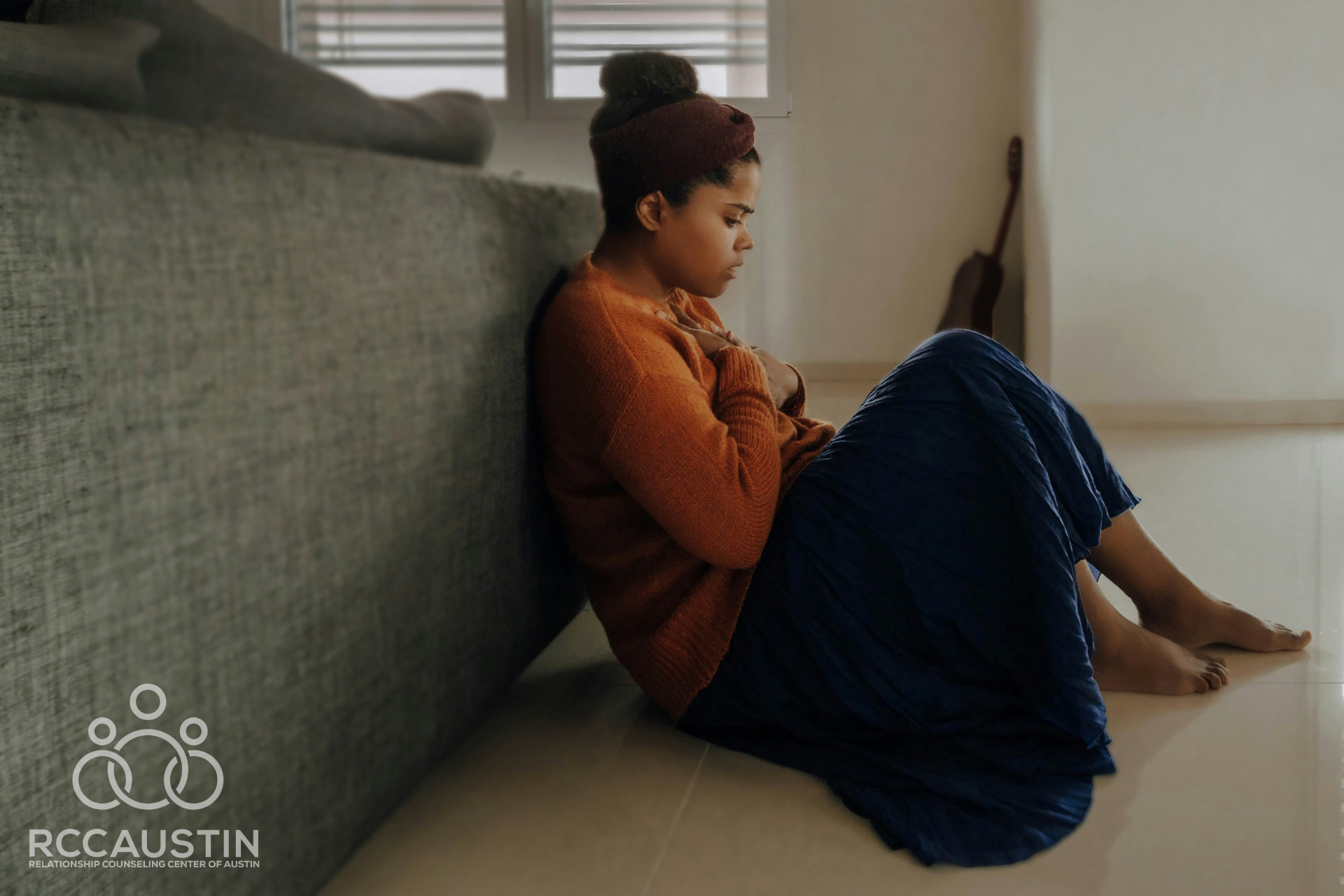By Charla Lineman, MEd, LPC, LMFT
When considering social anxiety or shyness, knowing the differences can be confusing.
It’s easy to mistakenly assume that the two are essentially the same thing. Some people might not even believe that social anxiety disorder is anything other than shyness.
Although there may be some minor similarities, social anxiety disorder goes beyond the mild social discomfort of shyness. Here’s how to tell the difference.
Social Anxiety or Shyness? Understand the Similarities
Psychologists have worked hard to develop a more complete understanding of social anxiety disorder and shyness in the last several decades. They have identified that both shyness and social anxiety can be influenced by genetics, social conditioning, and early childhood experiences.
However, most importantly, their research has also allowed them to determine key differences between the two.
What Is Shyness?
Psychologists have found that:
Shyness is typically considered to be a personality trait (not a diagnosable disorder).
Shy individuals may be quiet, reserved, introverted, and a little uncomfortable in social situations.
Many shy people aren’t troubled by these characteristics of themselves.
Being shy doesn’t create major disturbances and obstacles in their everyday lives.
Shy individuals can successfully navigate school, work, and relationships.
What Is Social Anxiety Disorder?
Social anxiety disorder is characterized by symptoms that are much more intense than those of shy people. These serious symptoms can be debilitating. Unlike shyness, social anxiety is an official diagnosis in the DSM-V (the medical handbook mental health professionals and doctors use to identify disorders in their clients.) It first became an official diagnosis in 1968.
Social anxiety can create great disruption in the everyday lives of those who have it. People suffering from social anxiety may experience:
An overwhelming fear of suffering embarrassment or humiliation around others.
Powerful, uncomfortable physical sensations when in their trigger situations (nausea, shaking, flushing, upset stomach, racing heart, and more.)
Worrying for weeks or months before a social event (not just being a little nervous for a few days beforehand).
Disruption of their social, academic, or work lives to the point of isolation and poor quality of life.
Self-medication to help themselves cope, such as excessive use of alcohol or drug use.
Importantly, these symptoms are specific only to social situations and not to other common phobias. Individuals with social anxiety disorder know what their triggers are, unlike someone with generalized anxiety order or panic attacks that strike out of the blue.
How They Impact Everyday Life
When it comes to everyday tasks such as grocery shopping, individuals with social anxiety may avoid any trips to the store because of their fear of embarrassment when interacting with cashiers or other shoppers.
Individuals with shyness, however, aren’t afraid of going into a store—although they may choose to duck down an aisle to avoid someone they aren’t comfortable talking with!
Shy people might feel some butterflies in their stomachs and sweaty palms before going to a large party. Yet, their feelings won’t paralyze them with fear. They also won’t feel overcome with disruptive physical symptoms as someone suffering from social anxiety might.
When to Seek Help
If you are concerned about experiencing symptoms such as those described here or wondering if you have a social anxiety disorder, a therapist can help answer your questions.
Therapists have many screening tools and questionnaires to aid them in understanding whether you are dealing with social anxiety or shyness. They can evaluate your symptoms and provide insight into how deeply your symptoms may be affecting your life.
After an evaluation, a therapist can work with you to build skills that will help you manage your symptoms and improve the overall quality of your life.
Addressing social anxiety as soon as possible will help prevent it from taking over your life. We encourage you to reach out to our office today. Schedule a session with Charla Lineman, MEd, LPC, LMFT, at the Relationship Counseling Center of Austin by calling (512) 270-4883, or completing our online Scheduling Form. We look forward to hearing from you.
To learn more, click here: Individual Counseling.






